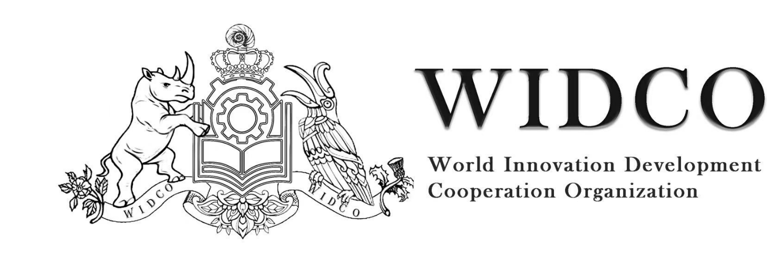Exploring the Methodology of Innovation in Social Governing
7/16/20241 min read


Understanding Social Governing
Social governing refers to the frameworks and processes that guide societal interactions, enforce norms, and facilitate cooperation among individuals. In recent years, the need for revitalized methodologies in social governing has become increasingly critical. As societal challenges evolve, innovative approaches are essential for effective governance.
The Role of Innovation in Governance
Innovation in social governing involves the adoption of new ideas, practices, and technologies designed to enhance civic engagement, transparency, and accountability. This can take various forms, such as digital platforms for public participation, data-driven policymaking, and collaborative governance models that involve diverse stakeholders. By employing these innovative methodologies, societies can address complex problems more effectively and ensure that governance mechanisms are responsive to the needs of their constituents.
Methodological Approaches to Innovation
Several methodologies exist that drive innovation within social governing. One prominent approach is participatory governance, which emphasizes the importance of including citizens in decision-making processes. This ensures that the voices of diverse community members are heard, and their insights guide policy formulation.
Another methodology is evidence-based policymaking, which relies on data and empirical research to inform decisions. By utilizing robust data analysis, social governing entities can evaluate the effectiveness of their policies and make necessary adjustments based on tangible outcomes. Moreover, the integration of technology in governance, such as blockchain for increased transparency and accountability, is transforming traditional governance structures.
To successfully implement these methodologies, it is crucial for governing bodies to foster a culture of innovation. This includes investing in capacity-building initiatives for public officials, creating an environment that encourages experimentation, and establishing partnerships with academia and private sectors to leverage expertise and resources. Additionally, transparent communication with the public about the impacts of newly adopted methodologies bolsters trust and engagement.
In conclusion, the methodology of innovation in social governing is not merely a trend but a necessity for adapting to the dynamic complexities of modern society. It requires a commitment to inclusivity, evidence-based practices, and technological integration. Embracing these innovative approaches will enable communities to navigate challenges effectively, ensuring a more equitable and responsive governance system.
